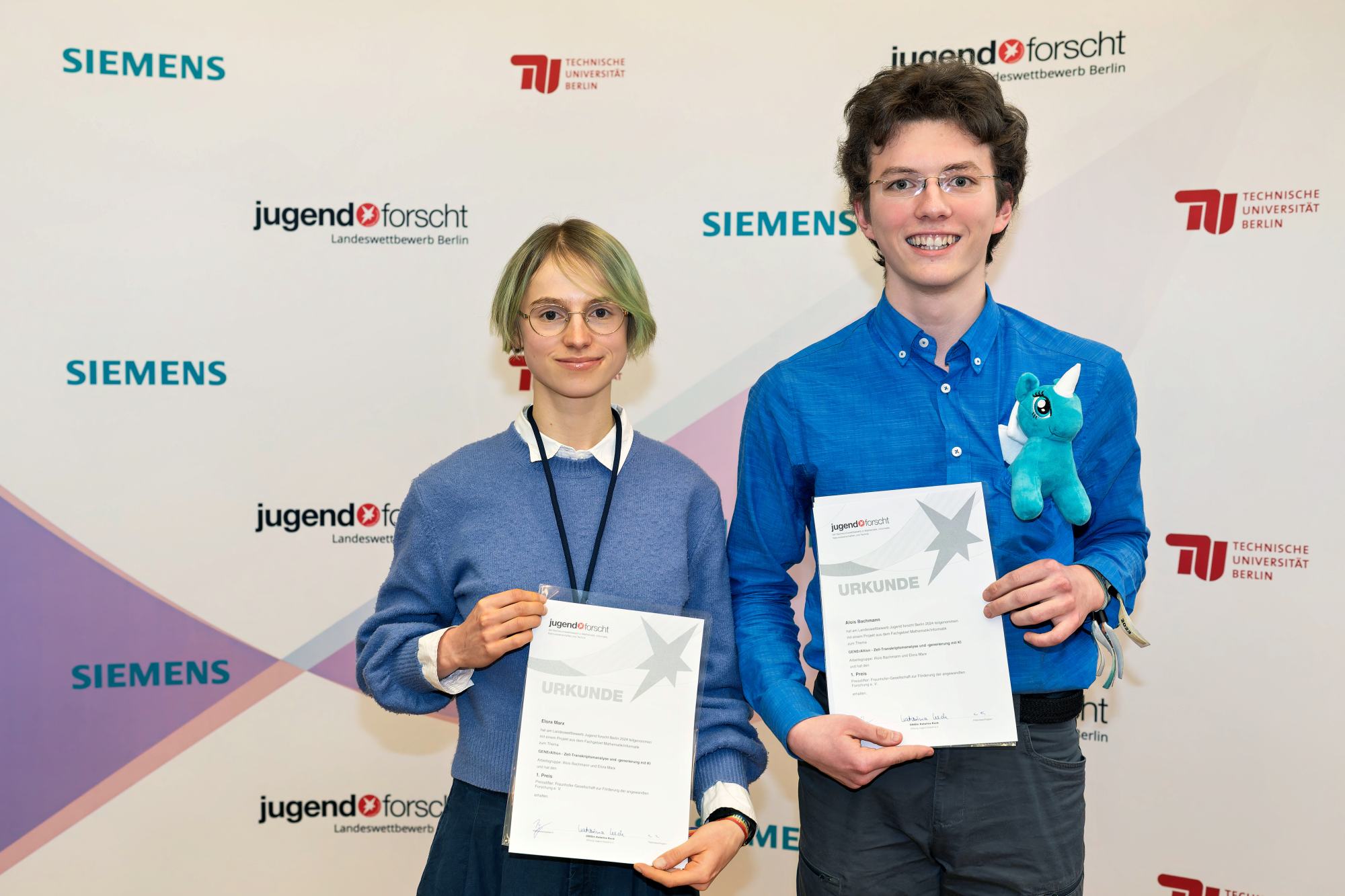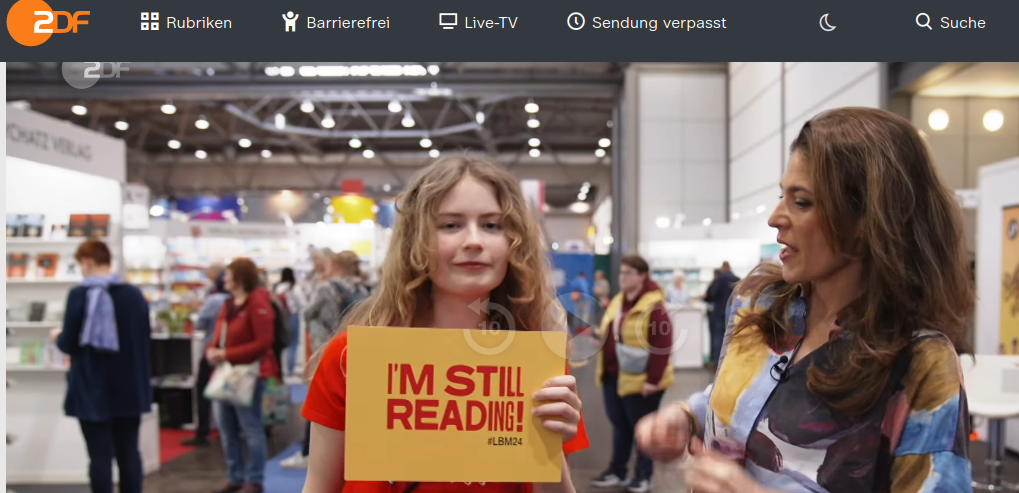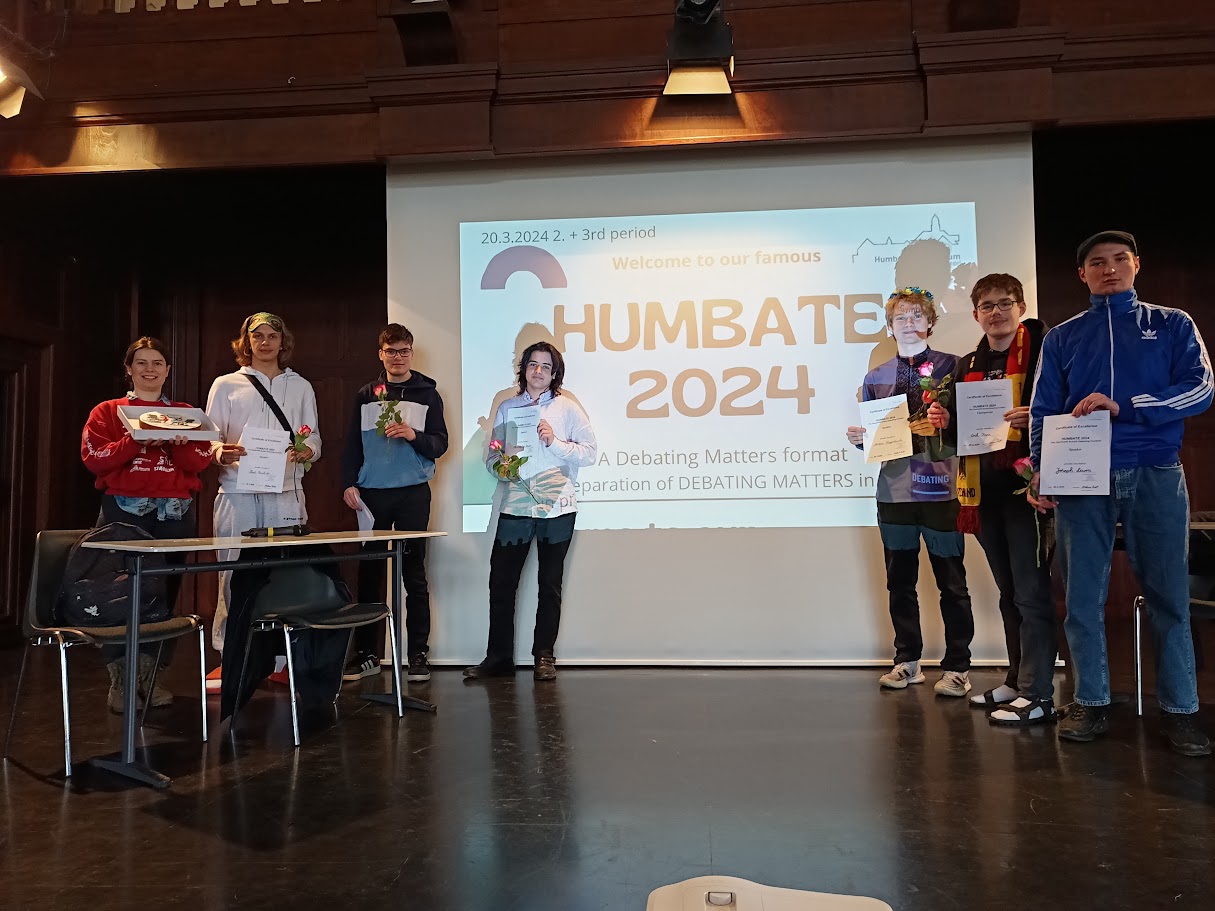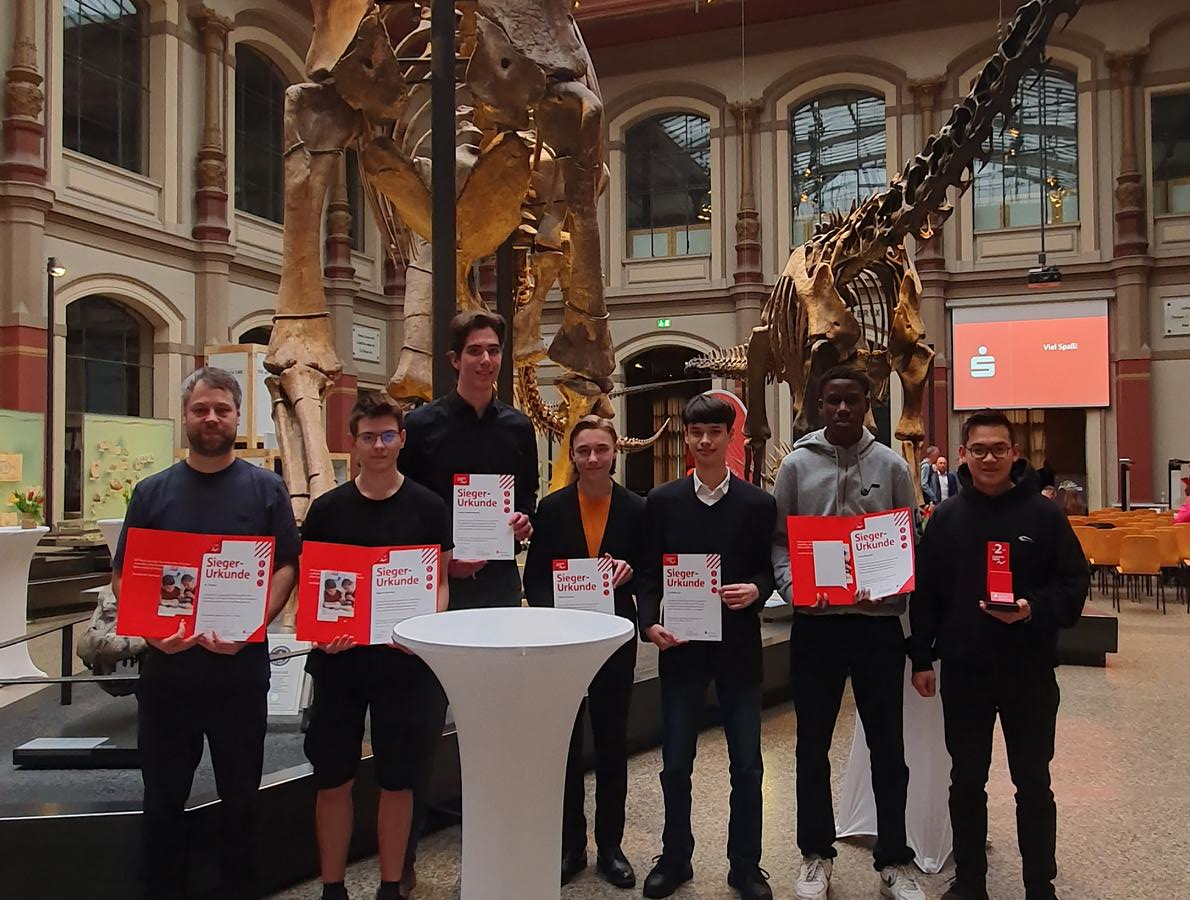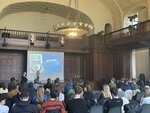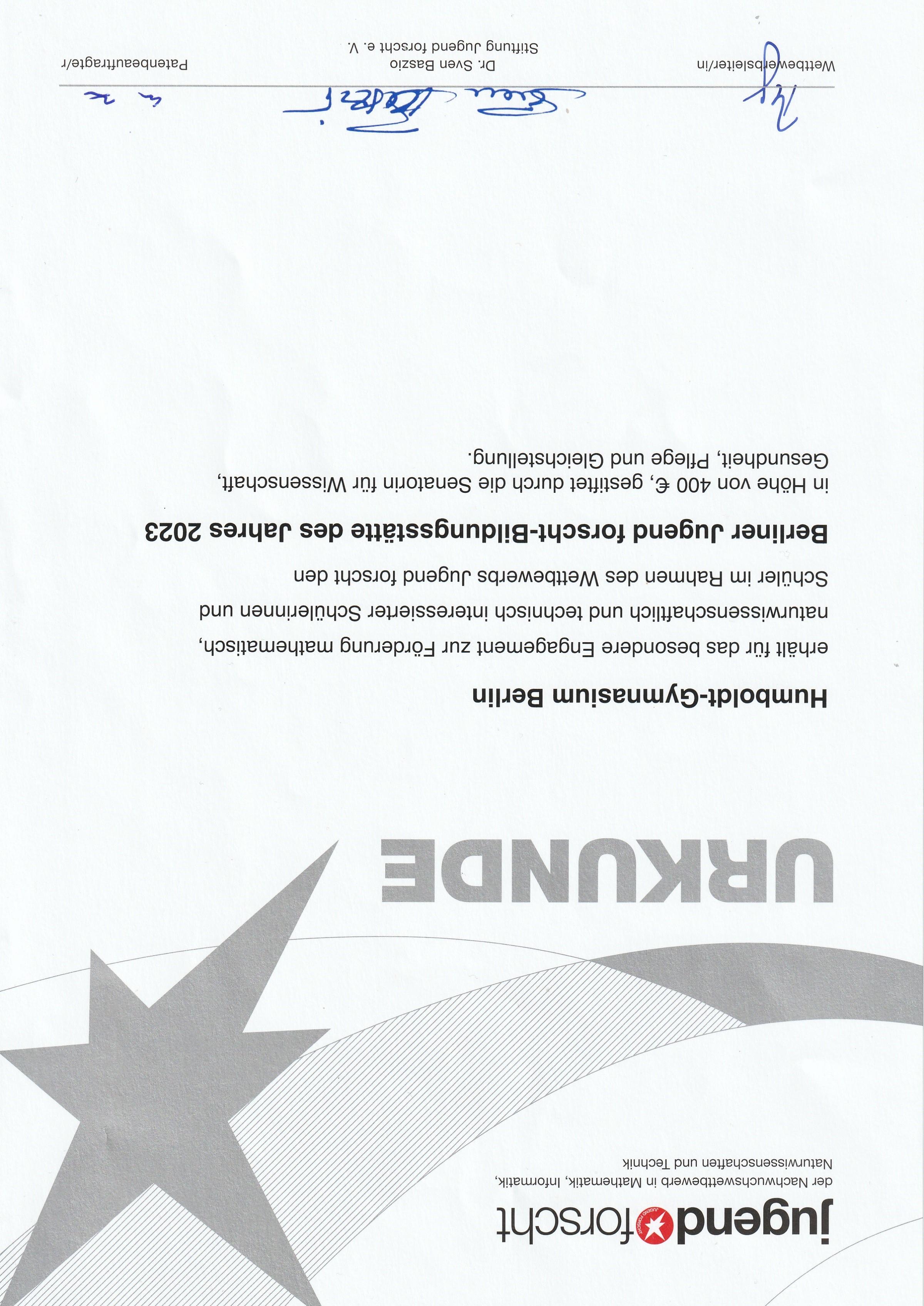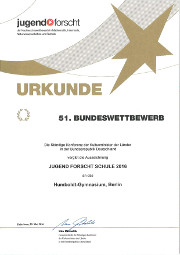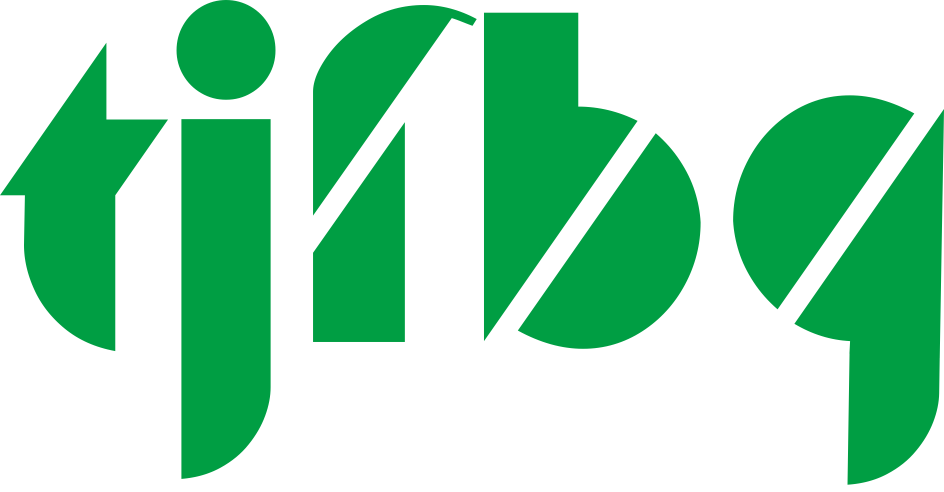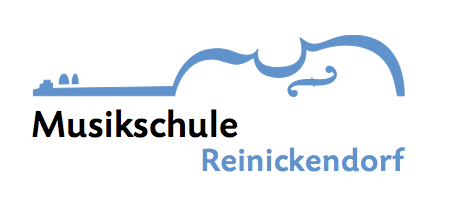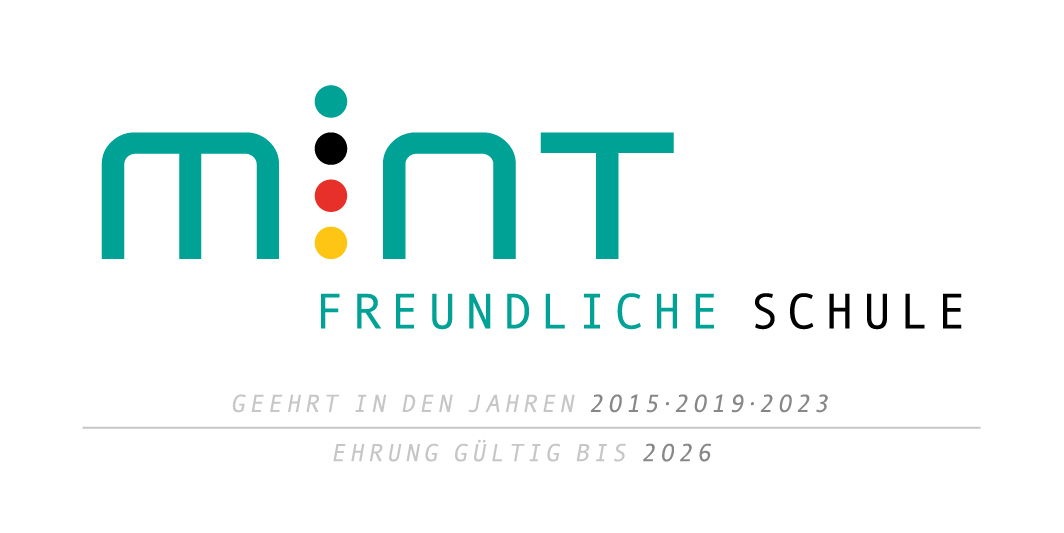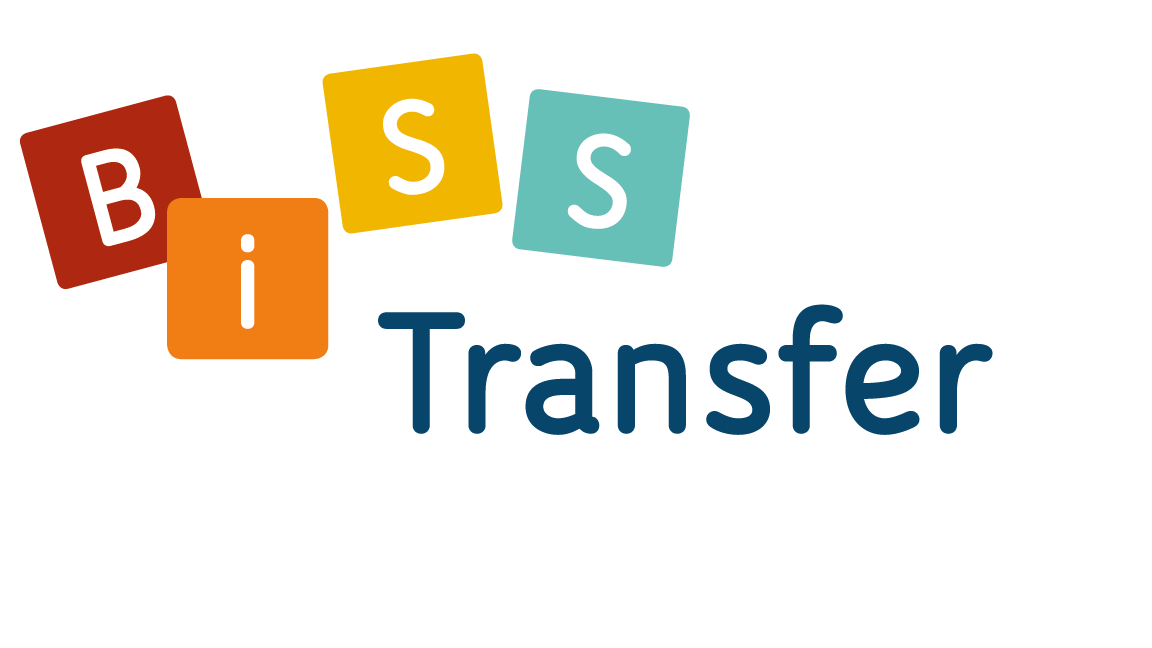Elena Oechsner- “Social media sites should filter out fake news stories” (Pro 2)
Debating Matters 2018
“Social media sites should filter out fake news stories” (Pro 2)
After my partner already talked about fake news and social media in general, I will take a closer look at the impact that fake news has made in the 2016 Presidential Election and afterwards I will explain how Facebook helps distributing fake news. Lastly, I will talk about the reasons why social media sites need to act and how that will not interfere with our freedom of speech.
In the months leading up to the 2016 US election, fake news generated more engagement on Facebook than real news stories according to a BuzzFeed analysis. With a majority of Facebook users relying on Facebook for news coverage, we should be alarmed by this situation. Facebook had a large influence on this election, yet there is almost nothing being done against wrong stories
.Fake news stories such as the headline of the non-existing newspaper “Denver Guardian” reporting “FBI Agent suspected in Hillary email leaks found dead in apparent murder-suicide” had a huge impact on the voters.
They may not have swung the entire election, but especially the countless pro-Trump and anti-Hillary stories definitely convinced voters they were right in their choice of candidate. Moreover, this election differed from others through the validation of those untrue news by presidential candidate Donald Trump and the growing importance social media has in our society.
As they see themselves as a social network, Facebook denied being responsible for the outcome of the election, yet ignoring many factors contributing to the spreading of fake news. However, through promoting articles and monetarizing posts, Facebook has also become a media network, where engagement metrics such as likes and shares have gotten more important. This leads to people either exaggerating in their posts and headlines or to totally making up stories to receive attention and money.
After approaching this problem by firing a supposedly biased trending stories team, that was responsible for overviewing popular stories, Facebook introduced an algorithm that does not differentiate between facts and opinions and moreover mostly recommends you posts that match to the ones that you shared and therefore brings fake news to those people, who are most likely to believe them. This prevents you from seeing different sides of a story and polarizes our society more than ever.
Now you are probably wondering: “Even if it is good to stop the spreading of fake news, how will any measures taken not interfere with our freedom of speech?”
First of all, we need to consider the damages that fake news have made to our political discourse in general. With the voters being misinformed on political matters, a discourse in society and an informed decision making by the people is not possible. With that being said, one of our core principles of democracy is at stake if we do not change our interaction with news on social media.
In addition, social media networks already censor content such as pictures showing nipples or ISIS propaganda videos. So why not delete untrue stories that are not covered by our freedom of speech because they harm a politician’s reputation or do not express personal thoughts and opinions?
I am going to leave you with that question in your mind.
Thank you for listening!
Elena Oechsner, Q2

